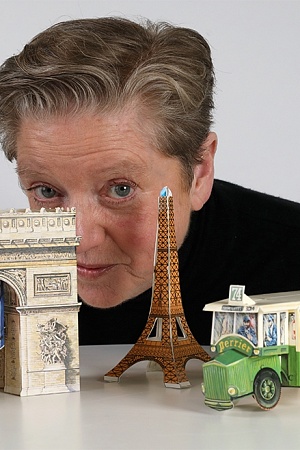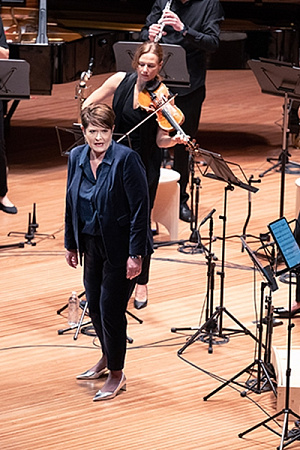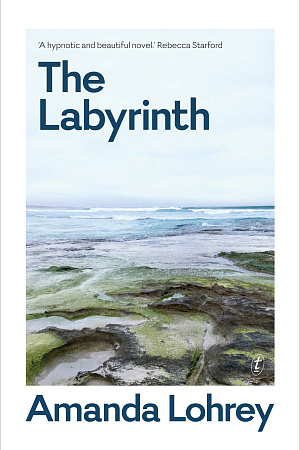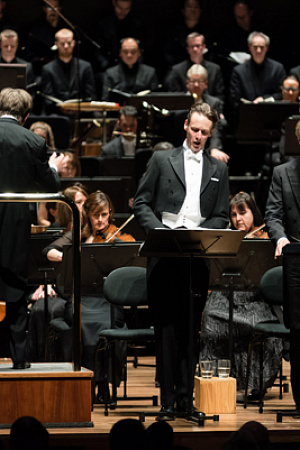Handel’s Messiah (Royal Melbourne Philharmonic Choir and Orchestra)
The huge Town Hall crowd who surged to their feet to applaud – and go on applauding – the Royal Melbourne Philharmonic’s twilight performance of Messiah did not do so ‘like sheep’, nor like a last-night-at-the-Proms booster crowd. Their gesture had more in common with King George II’s reputed rising in glad awe for the Hallelujah Chorus during the London première of Messiah in 1743.
Whether George II was in fact present (the legend is disputed) to inaugurate an upstanding tradition at the Covent Garden performance hardly matters now. The Melbourne audience’s response (273 years after Messiah was composed), was spontaneous, joyful, and deserved – testimony to a fine performance from the RMP (currently drawing sympathy and public support after losing its City of Melbourne funding), but perhaps even more a reflection on the enduring power of Handel’s astounding composition. Age cannot wither nor custom stale? Handel wrote Messiah at prodigious speed (twenty-four days start to finish), but virtuosic dispatch doesn’t account for the work’s continued grip on our spirits. Perhaps we simply need it.
Continue reading for only $10 per month. Subscribe and gain full access to Australian Book Review. Already a subscriber? Sign in. If you need assistance, feel free to contact us.











Comment (1)
Leave a comment
If you are an ABR subscriber, you will need to sign in to post a comment.
If you have forgotten your sign in details, or if you receive an error message when trying to submit your comment, please email your comment (and the name of the article to which it relates) to ABR Comments. We will review your comment and, subject to approval, we will post it under your name.
Please note that all comments must be approved by ABR and comply with our Terms & Conditions.